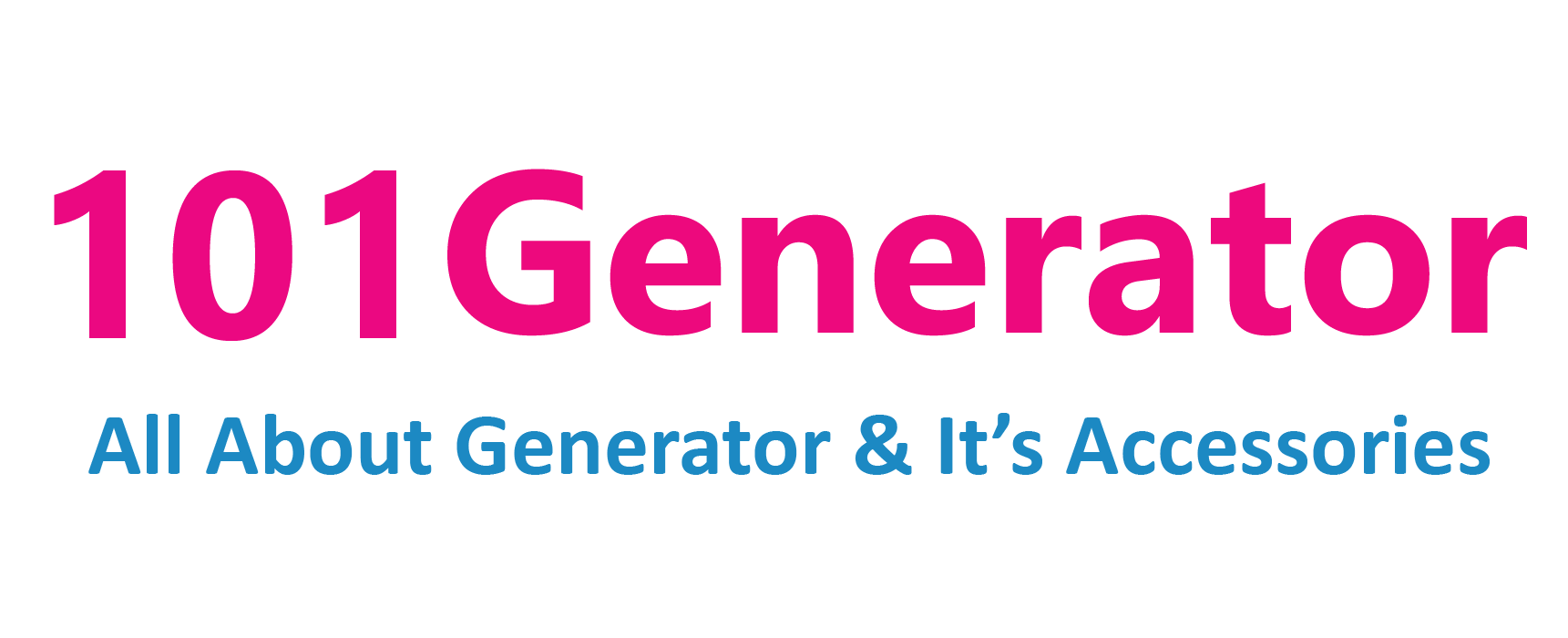Post Disclaimer
101 Generator is supported by its audience. When you purchase through links on our site, we may earn an affiliate commission. Learn more

why is my generator not producing enough power
One of the most crucial tools we have is a generator, especially during power outages or other situations. It’s essential to have a dependable generator that can supply electricity when you need it most. There are occasions, though, when your Generator Not Producing Enough Power, leaving you disappointed and without a source of power.
We realize how crucial it is to have a dependable generator. We are here to assist you in troubleshooting your generator and determining the causes of its failure.
Table of Contents
Why Is My Generator Not Producing Enough Power
Let’s see the detailed overview!
Insufficient Fuel Supply
Lack of fuel is among the most frequent causes of a generator’s inability to generate electricity. Generators require gasoline to run, and they won’t be able to generate energy if their fuel tank is low or empty. Before you turn on your generator, be sure it has enough fuel.
Check the Oil Level
The low oil level in your generator could be another reason contributing to its inefficiency. The engine of the generator might not start if there isn’t enough oil, or it might start but not generate any electricity. Before turning on your generator, make sure to check the oil level and add more if necessary.
Dirty or Clogged Air Filter
An air filter that’s clogged with debris or dirt can prevent your generator from producing power. A dirty air filter can cause the engine to run poorly, which can affect the generator’s ability to produce electricity. Make sure to clean or replace the air filter if it’s dirty.
Worn Out Spark Plugs
The spark plug is a vital component of your generator’s engine. It might prohibit the generator from starting or from producing power if it’s unclean, broken, or worn out. Make sure the spark plug is always clean and in good working order.
Check the Carburetor
The generator’s engine is powered by combustion, which is created by the carburetor mixing air and fuel. The carburetor can stop the generator from producing electricity if it is clogged or unclean. If the carburetor is dusty, be sure to clean it or replace it.
Faulty Alternator
The part of your generator that produces power is the alternator. The generator won’t generate any power if it is broken. Look for any evidence of damage on the alternator, and replace it if necessary.
Malfunctioning Voltage Regulator
A generator’s voltage regulator, which keeps the output voltage stable, is an essential part. When the voltage regulator fails, the generator may produce too little or too much electricity, which could potentially harm the attached machinery or appliances.
The voltage regulator might need to be replaced or fixed if it is not operating properly. Flickering lights, uneven power output, and unexpected generator shutdown are symptoms of a bad voltage regulator.
Also, Read this
Generator Shuts off After 20 Minutes
Overloading of the Generator
When a generator is linked to more equipment than it is capable of handling, it is said to be overloaded. As a result, the generator’s power output may drop, which could harm the connected devices or possibly the generator itself. Slow motor speeds and tripped circuit breakers are indicators of overload.
It’s critical to ascertain the wattage needs of the connected appliances and confirm that the generator can support the combined load in order to prevent overloading.
Tips for maintaining your generator to prevent low power output
- Regularly check and change the oil
- Keep the generator clean and dry
- Store the generator properly when not in use
- Conduct regular maintenance and inspection
FAQ’s Why Is My Generator Not Producing Enough Power?
Q 1.) What Causes a Generator to Produce Low Voltage?
Ans. A generator can produce low voltage due to a malfunctioning voltage regulator, overloading, a damaged alternator, or a faulty connection between the generator and the appliances.
Q 2.) How Do I Get my Generator to Full Power?
Ans. To get a generator to full power, ensure it has sufficient fuel and oil, conduct regular maintenance, avoid overloading, and check and repair any damaged parts.
Q 3.) What Makes a Generator Produce more Power?
Ans. A generator produces more power when it has a higher wattage capacity, runs on a more efficient engine, has proper maintenance, and is not overloaded.
Q 4.) How Can I Improve my Generator Performance?
v To improve generator performance, ensure it has proper maintenance, use high-quality fuel and oil, avoid overloading, and consider upgrading to a higher wattage or more efficient generator.
Conclusion: Why Is My Generator Not Producing Enough Power
In conclusion, there are a number of reasons your generator might not be generating electricity. It’s crucial to diagnose your generator’s issues and find their fundamental causes, which could range from low fuel levels to a broken alternator.
